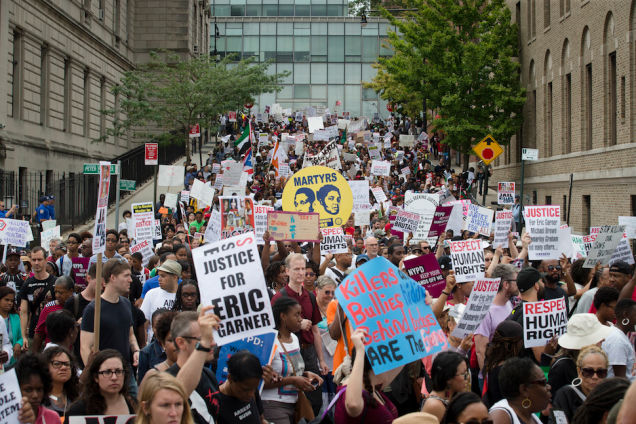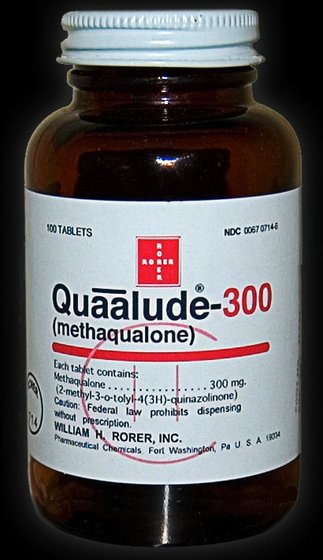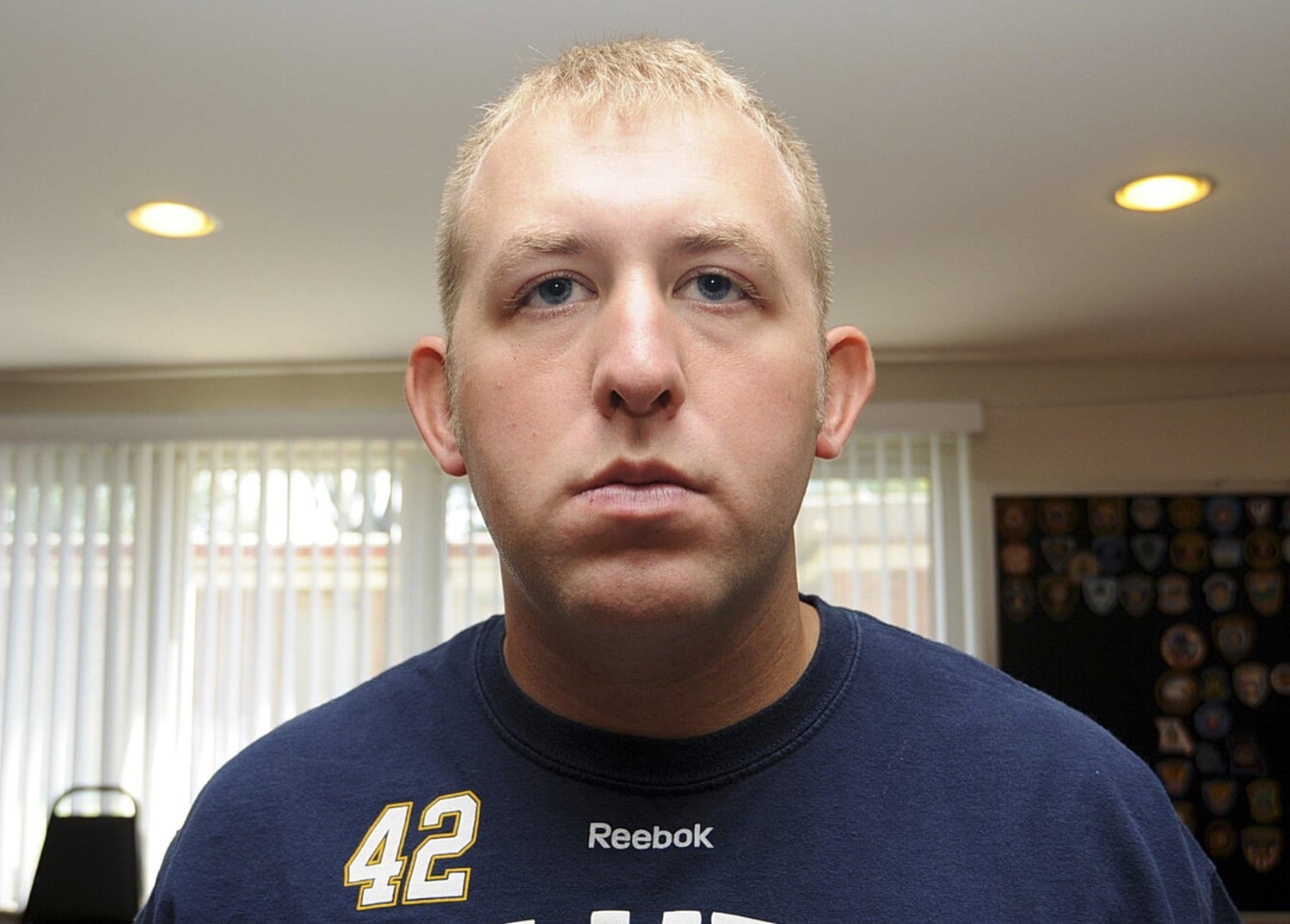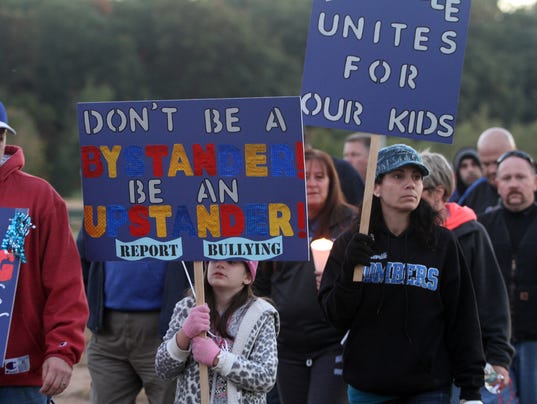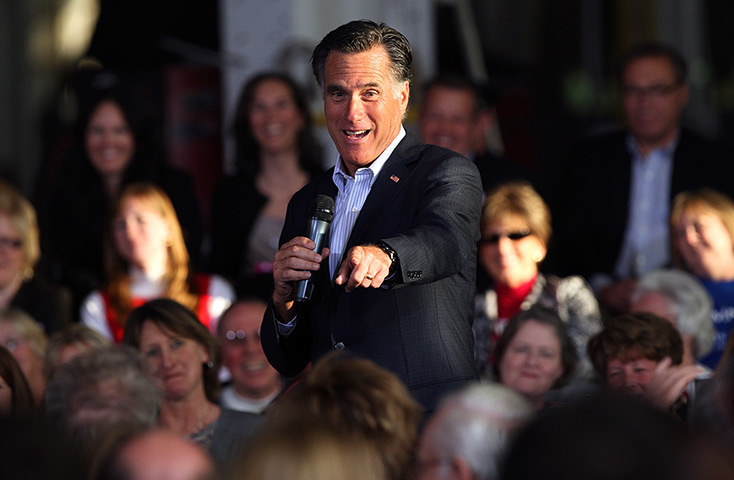If that sounds confusing, just know that you and I are but one unlawful misstep away from an overzealous, ego-inflated law enforcement officer placing us in a chokehold and cutting off our air supply. Maybe our chokehold may come from smoking an illegal joint, or jaywalking on a busy city street, or carrying the wrong item in our luggage through airport security, or cutting in line outside of busy nightclub, or….you fill in the blank. After all, would our getting high, walking in the wrong place, packing a pocket knife in a suitcase or being over-anxious to get into a club be any worse than Garner selling untaxed loosies? If Officer Daniel Pantaleo, 29, could murder Eric Garner in broad daylight on a busy Staten Island street, couldn’t any unnamed, over-testosteroned 20-something who spent a few months in the police academy take me out just as easily? So, you see, I am Eric Garner and you…yes you are Eric Garner.
And yes, indeed I did just use the world murder. I have watched the tape of Eric Garner’s takedown over and over again, and what I witnessed was clearly Daniel Pantaleo murdering Eric Garner.
 |
| Eric Garner in a chokehold (Inset: Daniel Pantaleo) |
All of these suits hover around thousands of dollars charged to the NYPD. But that’s chump change compared to the $75 million Garner’s family will reportedly ask for in their suit against New York City. If you ask me, Pantaleo is a rather pricey employee for the city to keep, but so far he is still employed. Two days after Garner’s murder, Pantaleo had to surrender his gun and his badge, but he’s still on desk duty. One wonders how his hair trigger impulses will play out in the office setting, rather than on the street.
More about Pantaleo: After he cut off air supply to Eric Garner, while Garner lay on the street, barely
 |
| EMS worker checks for Eric Garner's pulse. No resuscitation efforts were made. |
Reaction to Pantaleo’s power trip and ultimate murder of Eric Garner has been swift and widespread, including Mayor DiBlasio of New York, who says he now fears for the life of his bi-racial son. None other than Judge Andrew Napolitano, the senior judicial analyst for Fox News said there should have been an indictment for criminally negligent homicide.
When Pantaleo issued a statement apologizing for Garner’s murder, Garner’s widow had this to say: "Hell no! The time for remorse would have been when my husband was yelling to breathe. No, I don't accept his apology. No, I could care less about his condolences. He's still working. He's still getting a paycheck. He's still feeding his kids, when my husband is six feet under and I'm looking for a way to feed my kids now. No, I could care less about his condolences," she continued. "Who's going to play Santa Claus for my grandkids this year?”
 |
| Esaw Garner |
I’m with Mrs. Garner. How could you not be? My greatest concern is the selection process for these young cops. First, every local and state police organization requires officer applicants to go through a psychological evaluation, but none of them make the details of the evaluations or the individual results available to the public. Just how deeply are we delving in to the psyches of these 20-something, over-aggressive males who are patrolling our cities? Are they being adequately tested for behavior traits such as impulse control? Are they being deeply questioned and investigated as to their beliefs about racial issues? What do the hiring agents at these agencies know about the applicants’ family and peer influences as it regards race? Why are there so many instances of police brutality and over-use of excessive force that go unpunished? Could there really be a citizen in NYC who believes Dan Pantaleo should be put back out on the streets of their city?
Think about that tonight and for many nights to come while you watch protests, demonstrations and even rioting in major cities coast to coast. The American public is speaking its collective mind about Eric Garner’s murder. That is because each of those individuals who braves the elements and spends his or her nights on the streets knows that they are all Eric Garner. We are all Eric Garner. Here is a clip of Mrs. Garner’s interview last Sunday on NBC’s “Meet the Press.” Listen to her describe the disrespect with which the police treated her husband and her on a daily basis. Listen to the fear she lives with for her two young sons.
Esaw Garner goes through her days in America in 2014 in fear. That is not what this country is supposed to be about. All Dan Pantaleo accomplished when he brutally murdered Eric Garner was to destroy an American family and bring to the surface the escalating problem of police brutality and the street war between police and the citizens they are charged to protect. When immature, 20-somethings are released on the street to “enforce” the law, having little life experience and almost no worldly wisdom from which to draw, we are all in danger. Put a gun in their hands and we are in mortal danger. If they have a history of falsely arresting people as Pantaleo has, the danger is even greater. America is fighting back now, as evidenced by the hundreds of thousands of citizens taking to the streets each night, from Ferguson to Staten Island, from Berkeley to D.C., from Detroit to Dallas. Speak up. Be heard. Don’t wait until nightfall, or until one of us Eric Garners is murdered again, or until someone else has to speak for you.
